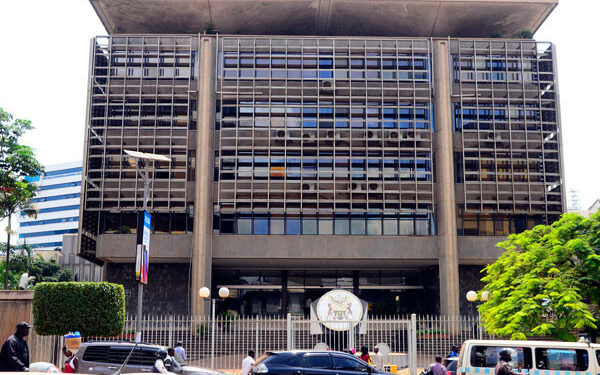In a decisive move, Uganda has turned to its own local pension funds, seeking a lifeline amidst the freezing of external funding from the World Bank.
The international financial institution recently withheld budget support for Kampala, totaling UGX 6.7 trillion ($1.787 billion), following the enactment of a controversial anti-homosexual law.
This decision has been met with heated discussions between the Ugandan government and the World Bank, as officials strive to find common ground.
Last week, key players in Uganda’s economic landscape convened in a retreat, orchestrated by the National Planning Authority, where technical officials from the Ministry of Finance, alongside parliamentary committees, collaborated on strategies to fortify the nation’s fiscal standing.
Treasury officials announced a comprehensive plan that includes bolstering domestic revenue streams, reducing reliance on borrowing, trimming superfluous public expenditure, and curtailing supplementary budgets allocated to government agencies that exceed their allotted resources.
Secretary to the Treasury, Ramathan Ggoobi, articulated further measures, highlighting the need to streamline state agencies, halt non-essential vehicle purchases, scale back workshops and overseas travel, and halt the establishment of new administrative and electoral units.
Opposition legislator Gorreti Namugga, Sembabule Woman MP, emphasized the urgency, warning of looming financial distress and potential flagging by the IMF as a credit risk if these measures are not promptly implemented.
A staggering revelation emerged, as it was disclosed that over a hundred state agencies had become veritable wellsprings of wasteful spending.
The government’s penchant for securing commercial loans, both domestic and foreign, at disadvantageous terms, further exacerbated the financial strain in addition to funding priorities and lavish expenditures for high-ranking officials.
Namugga, echoing the sentiment of many, spoke of alternative avenues, particularly the potential utilization of pension funds like the National Social Security Fund, as other countries have successfully done.
Robert Migadde, the astute chair of the Committee on National Economy, in an interview with the East African newspaper underscored the collective agreement within government agencies that local market borrowing, primarily through the issuance of Treasury Bonds, should be the ultimate recourse.
This, in essence, translates to borrowing from the very pension funds that have been the stalwarts of Uganda’s financial stability.
In June, Uganda unveiled an ambitious budget of UGX 52.74 trillion ($14 billion) for the financial year 2023/24.
Government’s ambitious goal is to finance 55 percent of this colossal undertaking through domestic revenue, with the remainder reliant on donor contributions to sustain crucial programs in health, education, water, energy, and infrastructure.
As Uganda navigates these uncharted waters, the resilience and adaptability of its financial system will undoubtedly be put to the test, leaving both officials and citizens alike on tenterhooks for the fiscal fate of this East African nation.
Do you have a story in your community or an opinion to share with us: Email us at editorial@watchdoguganda.com













